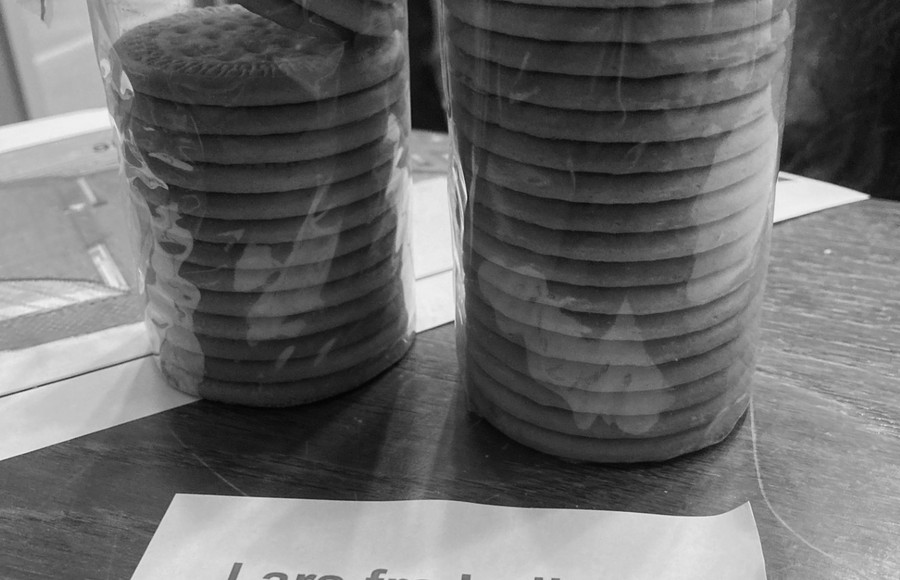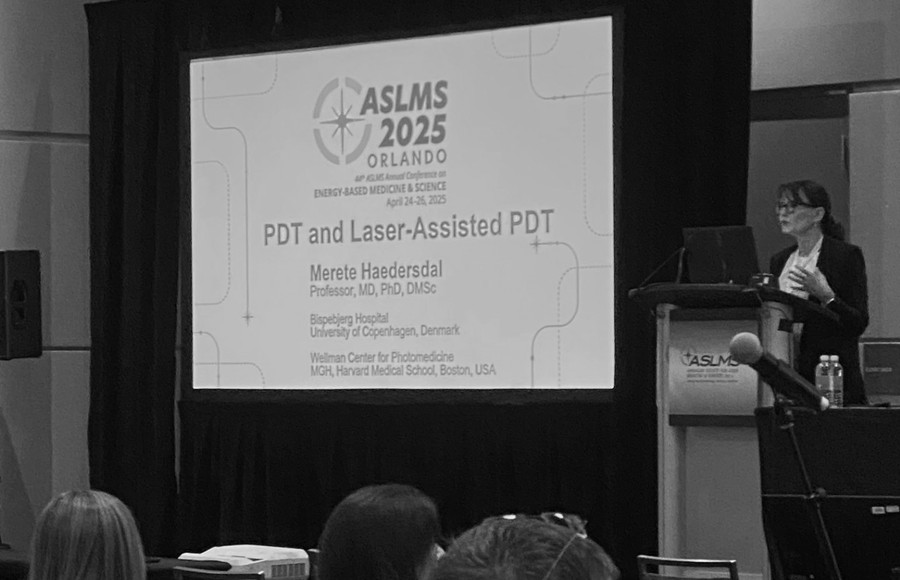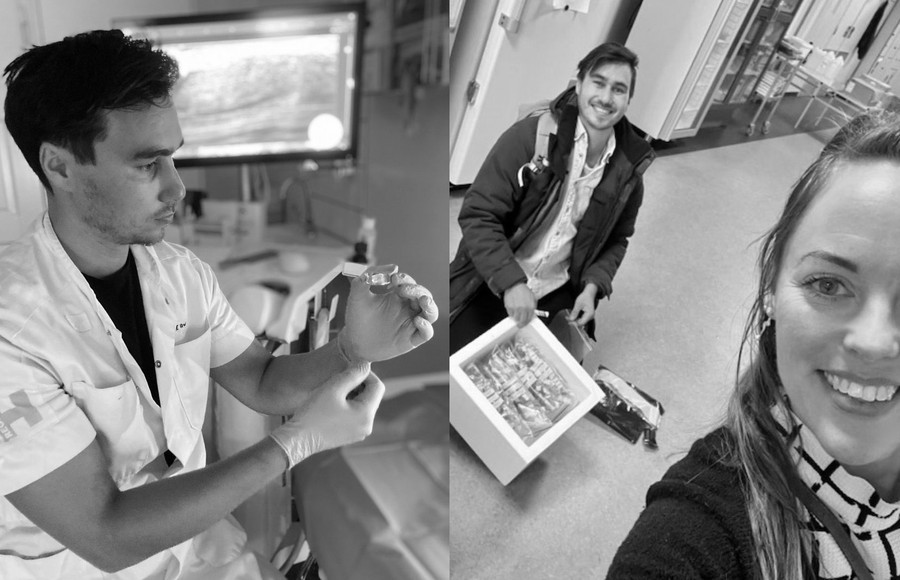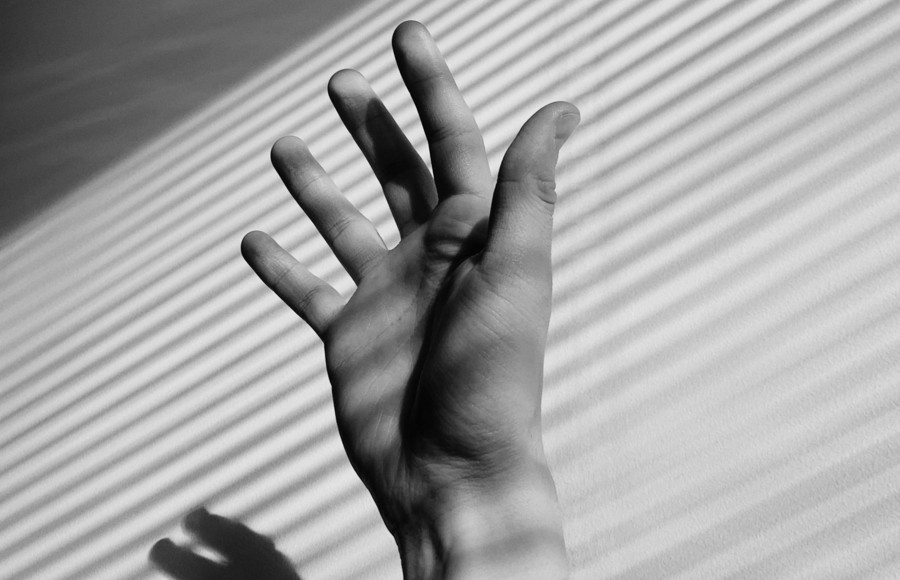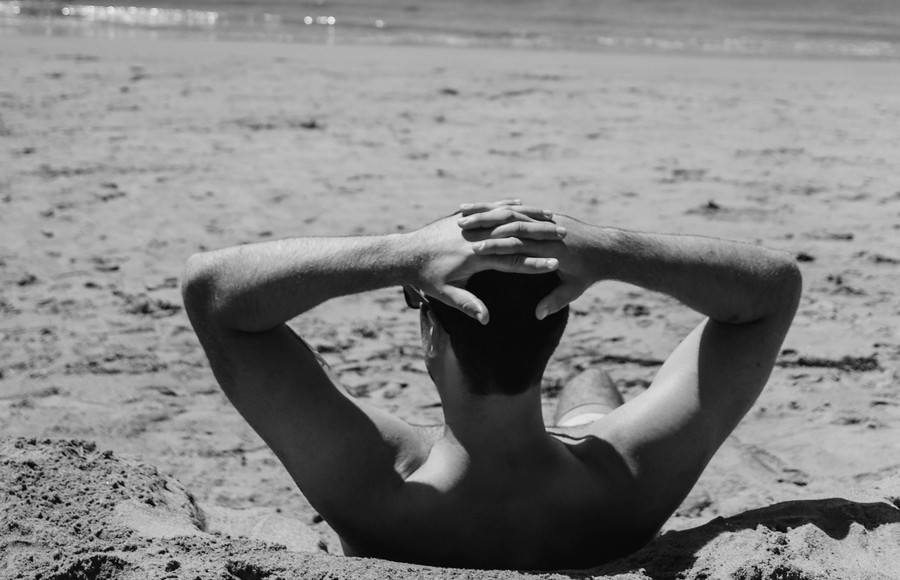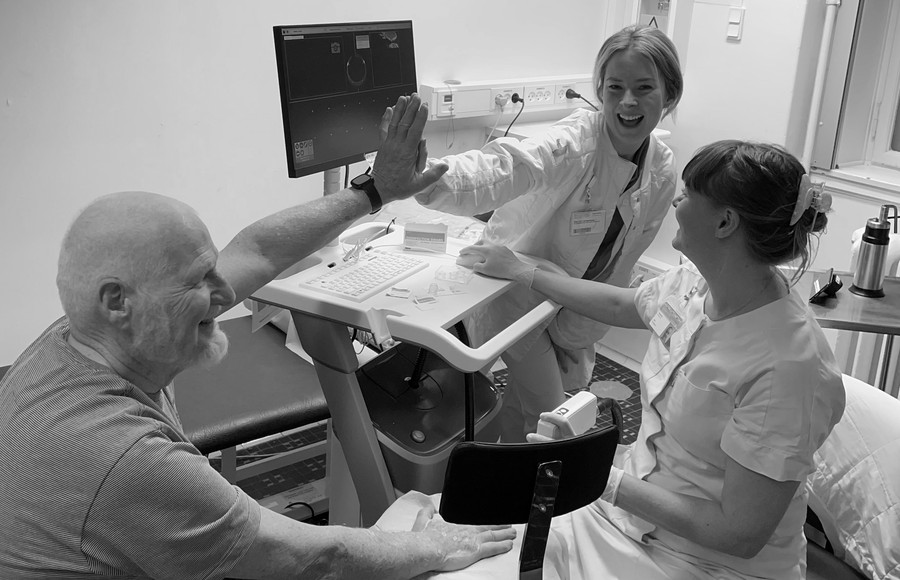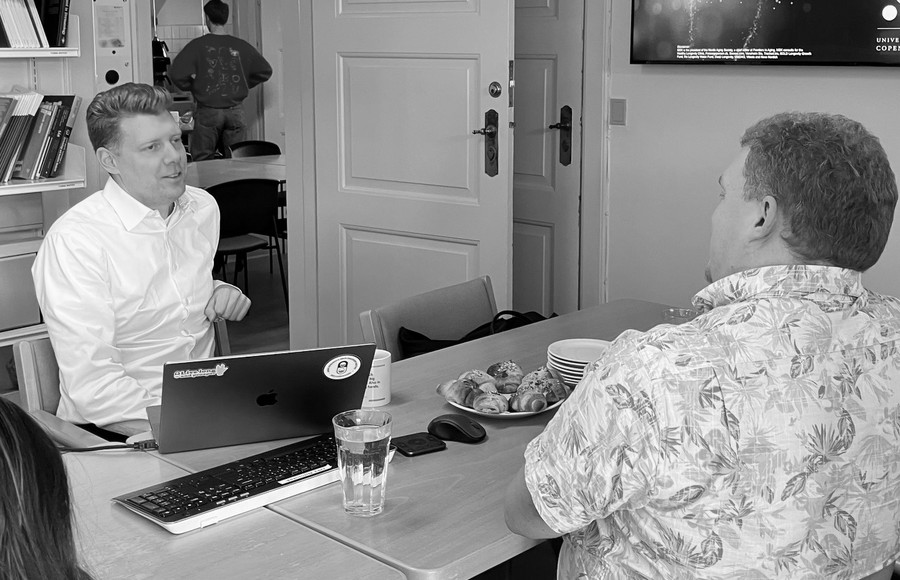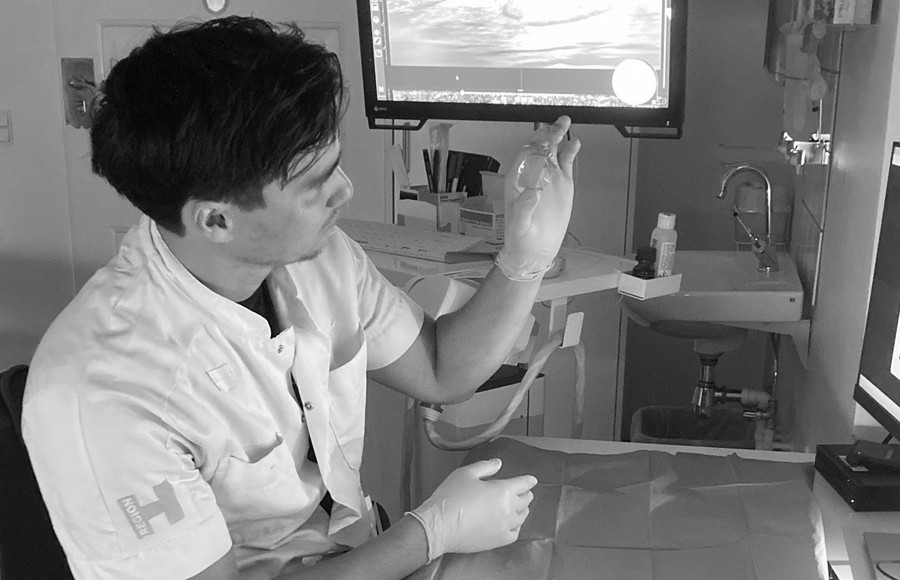New, extensive research project aims to protect us against increasingly extreme heat

Some people love the heat, some people hate it
Some people love the sun, and it almost can’t get hot enough for them. The more the sun heats their skin, the better. For others it’s just the opposite. They cannot stand the heat. The stay in the shadow, cool themselves with fans and hold ice cold drinks to their foreheads to cool off. It’s obvious that the first group of people cope much better with the heat than the second group. But does that also mean that they are less vulnerable to the UV-radiation from the sun?
Greek mythology and AI
Risks of heat stress and UV-radiations have been studied separately and are well-known. By combining the knowledge from these two fields and and explore further using expertise within physiology, dermatology and psychology, scientist expect to create a wider knowledge base for their work. For the study, the scientists will perform a series of advanced laboratory tests involving people with high heat tolerance as well as people with low heat tolerance. Further, they will collect data from 1000 individuals about their behavior under heat stress. The vast amount of data will be analyzed using AI to find patterns in the perception of heat, the actual behavior under heat stress, and interactions between a number of factors. With this collective knowledge, the scientists believe it will be possible to identify traits that indicate a higher vulnerability in some people. The project is called ICARUS. In Greek mythology, Icarus flew to close to the sun and fell to the ground.
A dangerous combination requires help to the vulnerable
It varies how robust or vulnerable an individual is to heat and UV-radiation, and for some it seems to be a dangerous cocktail.
Therefore, the vision for the team of scientists is to develop a model which can identify the particularly vulnerable individuals, so it will be possible to warn and guide them in due time e.g., through an app. The aim is to protect those vulnerable to heat stress and just as important to identify those especially at risk when exposed to UV-radiation. The importance of this is underlined by the fact that skin cancer, which in 90 % of the cases is caused by ultraviolet radiation from the sun or tanning beds, is the most common type of cancer in Denmark. And the number of cases increased by 172 % from 2013 to 2022.
Team of researchers from several sciences
The project includes experts from Denmark from Bispebjerg Hospital, the Danish Research Center For skin Cancer and The University of Copenhagen in collaboration the with international experts within physiology and psychology. The so-called “synergy project” is supported by the Novo Nordisk Foundation with DKK 15 mill.
“Luckily, we know much more today than the ancient Greek, but there are still too many who damage their skin each year due to sun radiation,” says on of the main scientists in the project, Catharina Lerche from Department of Dermatology and Venereology at Bispebjerg Hospital and the Danish Research Center for Skin Cancer.
“Increasing temperatures and more frequent heat waves are factors we need to address both in relation to our ability to work and as direct causes for illness and death,” Lars Nybo, project manager and professor of human physiology at the University of Copenhagen, adds. For several years, Lars Nybo has studied thermal stress, and he ends: “It’s estimated that in Europe alone 61,000 lives were lost in 2022 due to heat waves. In the future, with the climate change we will experience more heat waves.”
Main researchers of the ICARUS-project
Lars Nybo - Professor of human physiology at Department of Nutrition, Exercise and Sports, Movement and Neuroscience at the University of Copenhagen, Denmark
Catharina Lerche – Associate professor at the Department of Dermatology and Venereology at Bispebjerg Hospital, the Danish Research Center for Skin Cancer, and the Department of Pharmacy at the University of Copenhagen, Denmark
Andreas Flouris - Professor of physiology at the Department of Physical Education and Sport Science at the University of Thessaly, Greece
Rosa Lavelle-Hill – Assistant Professor at the Department of Psychology at the University of Copenhagen, Denmark
